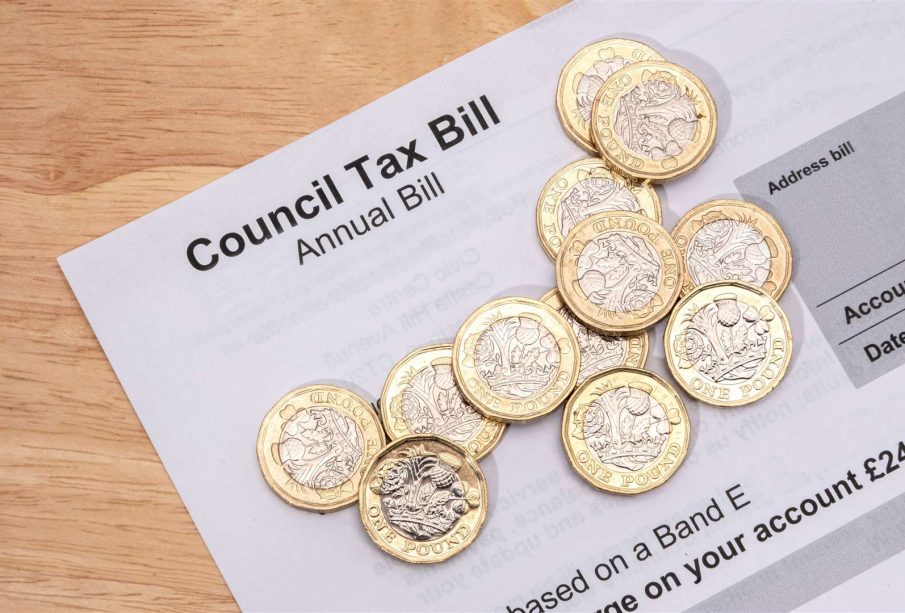What You Need to Know About Council Tax in the UK

Introduction
Council tax is a crucial aspect of local government funding in the United Kingdom, impacting millions of households each year. It is a local tax levied on residential properties, contributing to community services such as education, waste management, and public safety. Recent shifts in policy and economic factors have made it essential for residents to understand how council tax is calculated and any changes that may affect them.
Current Developments in Council Tax
In April 2023, many local councils across England introduced council tax increases, with an average rise of around 4.3%. This adjustment was largely driven by inflationary pressures and the need for councils to maintain essential services amidst increasing costs. Authorities claim that without these adjustments, service levels would significantly decline, affecting everything from local schools to social services.
Moreover, the UK Government has offered support to low-income households to offset these increased rates through council tax reductions and discounts. Local councils have been encouraged to provide financial relief options, such as exemptions for individuals on certain benefits or those living alone.
Impact on Households
The hike in council tax can represent a considerable burden for families and individuals, especially in the current economic climate where many are grappling with rising living costs. According to recent local government data, councils that increased rates reported mixed reactions from the public, with many residents expressing concern over affordability.
Additionally, discrepancies in council tax banding raise fairness issues; properties located in higher bands often face disproportionately larger increases compared to lower band properties. Disparities among council tax systems across regions have also led to calls for reform to ensure a more equitable distribution.
Conclusion
As the landscape of council tax continues to evolve, it is imperative for residents to remain informed about their local council’s policies and any changes that may affect them financially. Understanding council tax can enhance residents’ engagement with local governance and encourage them to take advantage of available benefits and discounts. Looking ahead, many councils may explore alternative funding mechanisms or adjustments to current systems to alleviate financial pressures on residents while ensuring the continuity of vital community services.









